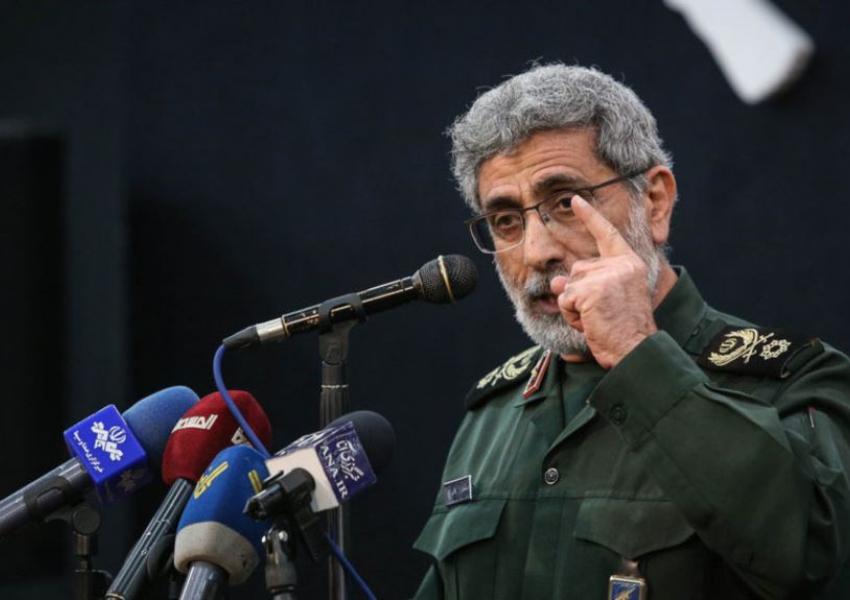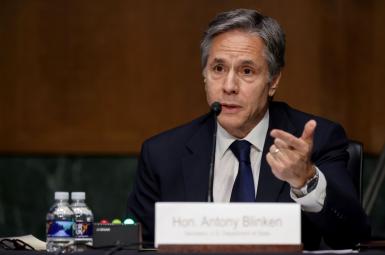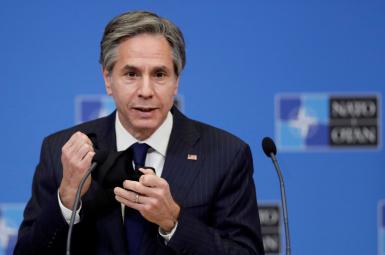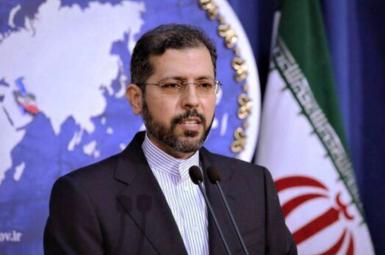
Iran Qods Force Chief Rejects Talks With US, Demands ‘Acceleration’ In Military Programs
Brigadier-General Esmail Ghaani, successor to Qods Force commander Major-General Qasem Soleimani killed by the United States in January, has said that the US is “not worthy” of negotiations. His remarks come as Iranian political leaders clash over whether or on what terms Iran should return to its 2015 nuclear deal with world powers, which US President Donald Trump abandoned in 2018 but which President-elect Joe Biden has pledged to revive.
Ghaani on November 18 posted to his Twitter account a video of an undated speech. “All their top bosses sit down and sign a document,” he said, “and then in front of the whole world retract their own signature with outmost offensiveness and with no shame. They are not worthy of negotiating with.”
The Qods Force commander insisted that Iran was too strong to be treated with such duplicity: “The time that they treat the Islamic Republic like they did after the Revolution [of 1979] is over. All the noise the enemy makes now is to stop us from accelerating…All of the arguments of the enemy and war-mongering is meant to stop the expansion of our missile and regional [programs].”
Ghaani reflected fears among Iran’s principlists, including within the leadership of the Revolutionary Guards (IRGC), that the US might try to include Iran’s missile program, or the issue of its proxy networks, within a revived nuclear agreement. Ghaani called Iran’s missile program and activities in the region “our two offensive weapons.” He insisted: “The time for them to hit and for us to defend is over.”
President Hassan Rouhani has spoken of “opportunities” raised for Iran by the election of Biden, and both Rouhani and Foreign Minister Mohammad Javad Zarif have envisaged a relatively straightforward process by which the US and Iran return to their commitments under the 2015 nuclear agreement. This would essentially involve the US ending sanctions as required by the agreement and Iran reversing steps it has taken in violation of the agreement.
Zarif has called on the US simply to abide by its commitments to United Nations Security Council, which endorsed the agreement. This reflects the foreign minister’s awareness of domestic unease and criticism over dealings with Washington. On November 18 Zarif said that “certain domestic political concerns” meant that some factions in Iran were concerned that talks with US might begin “now.”
Ghaani was appointed by Iran’s Supreme Leader Ali Khamenei on January 3, only a few hours after Soleimani was killed alongside four other Iranians and five Iraqis, including Abu Mahdi al-Muhandis, near Baghdad International Airport by missiles fired from a US drone. Iranian leaders have repeatedly called for revenge for the attack, which was ordered by Trump.









